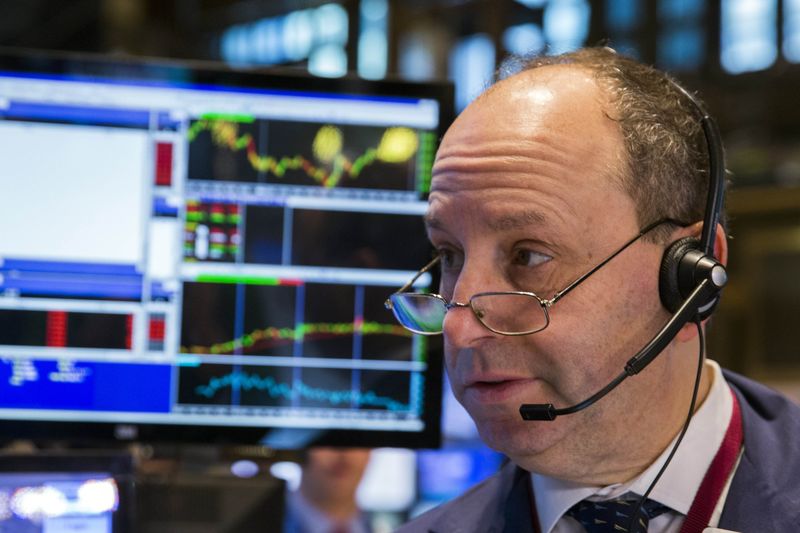(Bloomberg) -- Investors wondering how long the distaste for technology stocks will last may be asking the wrong question.
The popular narrative is that stock pickers are selling tech after the massive runup this year and are piling into companies set to benefit from U.S. tax cuts. But observers such as Andrew Lapthorne of Societe Generale (PA:SOGN) SA don’t buy it. They look at the contours of the selloff over the past few days and have a different take: A few heavy hitters are dumping factor positions that incidentally hurt chipmakers and software companies and once they’re done, the rally will resume.
Two factors stood out last week. First, the plunge in the momentum trade (betting on past winners to continue winning), and second the gains in value (seeking out underpriced stocks) to near-record proportions. Because the moves were severe in U.S. stocks and occurred across sectors, macro forces aren’t causing a rotation from technology to financials, strategists reason. Rather, computer-driven funds liquidated or readjusted factor exposures, they say.
“It seemed to be tax-related, but it was pretty extreme. To get such a rapid move on a particular day must be a function of flow,” Lapthorne, the global head of quantitative strategy at Societe Generale, said in an interview. “To get such a strong relationship between a factor and performance always seems a little bit smacking of systematic.”
Because factors target a share’s characteristics, managers hold factor positions both accidentally and intentionally. Take momentum. Roughly defined, momentum bets on the best performing stocks over the past 12 months, while shorting the worst. Fundamental managers might have outsized exposure if they’ve snapped up technology stocks this year. Yet systematic funds will buy a market-neutral version of momentum -- a concentrated bet that hedges out greater market forces.
Through Friday, the Bloomberg U.S. pure momentum portfolio had its worst week since April 2016. Such a uniform demolition of long-short momentum can be caused by a concentrated bet unwinding, according to Pravit Chintawongvanich, the head of derivatives strategy at Macro Risk Advisors.
“The ‘momentum unwind’ effect is observable even within sectors,” Chintawongvanich wrote in a Tuesday note. “We find that they tend not to portend much for the market; once the unwind has run its course, typically the ‘long momentum’ stocks resume rallying.”
But more than momentum, the culprit here was probably value, according to Lapthorne, who notes that last week, the strategy betting on the cheapest stocks had its biggest daily rebound since March 2009.
A similar and transient factor-led move occurred earlier this year. In June, technology stocks sold off with momentum at an impressive clip, only to recover within a month.
Much like value’s surge last week, such a sharp move is symptomatic of someone covering their bet against a factor or taking on a new factor position, Lapthorne said. Though tax reform could trigger the flows, it still looks like systematic action that doesn’t lend itself to a lasting rotation, he said.
“We’ve seen this before,” Lapthorne said. “Everyone makes a song and dance that tech stocks have fallen, but then you scratch below the surface and it looks factor-led.”
The idea may have gotten some support Tuesday. U.S. technology shares recovered some of their losses, with the biggest companies posting the best gain in more than two weeks.
